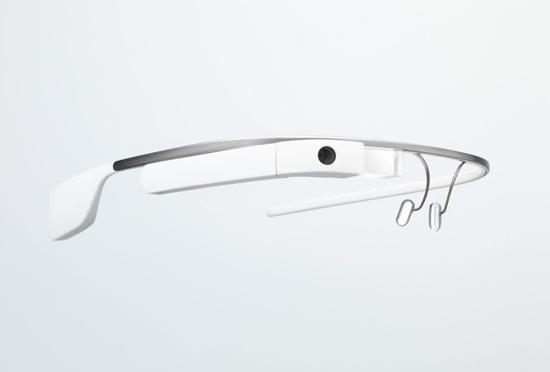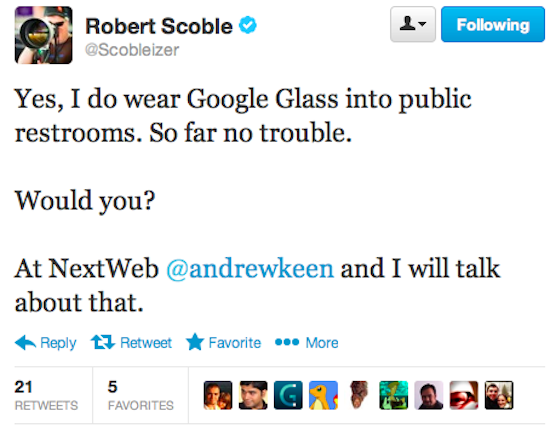
Some things are just inevitable. You can see them coming from a mile away. Or, as it happens in the mobile space, months ahead of time. We know something is going to happen because companies announce, unveil, tease, hint, or do whatever else to tell us that something is coming months before it's released to the public. That usually means we get a glorified announcement for a new phone or device, and then we have to wait to actually buy it.
Google took a different route with their latest project, Glass. While they did the normal announcement, showing off the device, its features and functionality, they gave us a pretty broad window as to when we should expect to see the final retail version of the device land on store shelves. (If it does see sales in physical retail locations, that is.) So, that's pretty standard for this industry.
But then the Mountain View-based company flipped the table, and confirmed that the Explorer Edition of Glass would be released to a few folks out there in the wild to test, to see how they function in the real world, and to get feedback from the project. Those "few" turned into "a lot of people," and now you don't even really need to pay attention to see Google Glass being shown off in one way or another.
So, Glass's arrival is inevitable. It's coming, and it's certainly making waves with its arrival.
Glass's camera is the main issue for most, it seems. The fact that it's right there, at eye level at all times, and doesn't take much effort to activate is causing plenty of people to question how private they really are at any given moment. More than that, though, the acceptance of Glass is being tested in big ways in certain locations, like public bathrooms.

At the end of April, Robert Scoble tweeted that he wears Glass into public restrooms. He noted that the unit is off when he does, but that so far he hasn't had any issues while adorning the new piece of technology. Since then, the Internet has been busy talking about whether or not Glass should be allowed in public bathrooms.
Not surprising at all, is the fact that the Internet seems to be quite divided on the subject. There are those who believe that you have to activate Glass by saying, "Okay, Glass" and then tell the unit to take a picture, that any sense of "sneaky behavior" gets tossed out the window. And, sure, that would be the case, but there are already ways to take a picture with Glass using a simple gesture, like winking.
Glass is an Android-based device, and right now Google is shipping the unit open for developers to do what they want with it. There's no telling what Google will do when the retail version of the device is ready to see the light of day, so the camera could be "locked down" in certain ways.
The truth is, cameras are already banned from varying locations, especially here in the United States. I spoke to a few gym owners in my local area, and they all told me that cameras of any kind are banned from their locker rooms. Movie theaters prohibit cameras, too.
As our own Anna Scantlin wrote a few weeks ago, she's worried about the camera always being present. It's easy to take a photo with Glass, and will be even easier if developers are able to make taking photos with just a gesture in the final retail version. It's easier, and less noticeable, than taking a picture with your smartphone. Unless you're paying attention to what a Glass wearer is doing, you may not know that he or she is taking a picture of you, or recording a video (unless you see that little red light for videos).
But, it can't all be doom and gloom, can it? We've accepted smartphones with ridiculously good cameras in them, and the majority has apparently accepted that they don't belong in some areas. Why should this be any different for Glass? Is it because wearable technology is the future, and that we should just "get used to it?" I don't think cinemas are going to get used to it, along with plenty of other locations.
We've already seen a bar ban Glass, and now Caesar's casino in Las Vegas has banned Glass as well for gamblers. In West Virginia, legislators are trying to ban the use of Glass while people drive. These actions won't slow down.
So instead of attacking this from "people need to accept Glass," I want to know from you where you'd think Glass should be banned, or not banned. Do you think restaurants around the country, as well as other businesses that may have a public restroom, should ban Glass's entry from that specific place? What about hospitals, or your bank? Let me know where you think Glass should, or shouldn't be, banned.